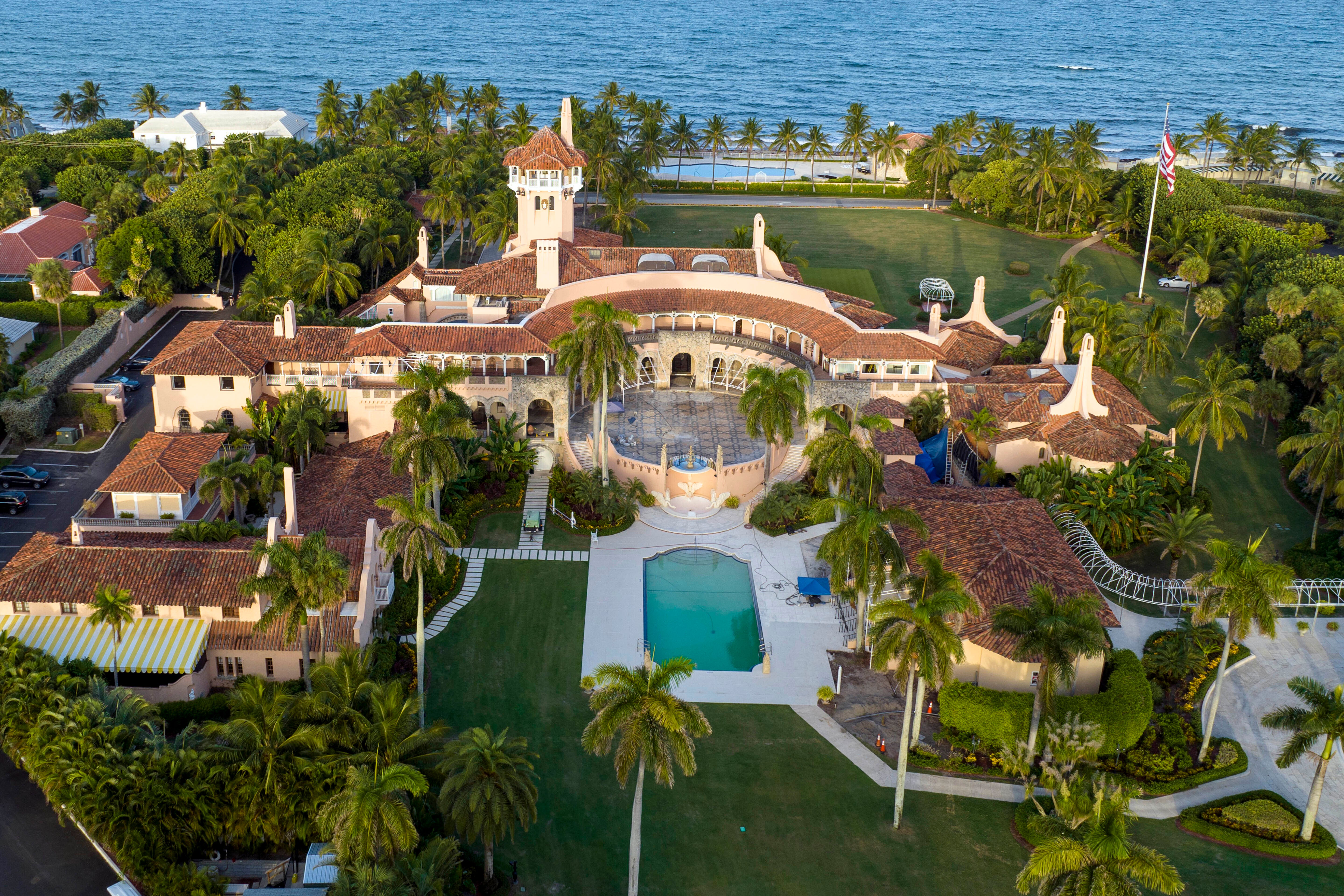Trump, legal team must use secure facility to review classified evidence in documents case
A federal judge in the case charging Donald Trump with illegally hoarding top secret documents at his Florida estate has directed the former president to use a secure facility to review classified evidence and has sharply restricted his ability to discuss that information with others

Your support helps us to tell the story
From reproductive rights to climate change to Big Tech, The Independent is on the ground when the story is developing. Whether it's investigating the financials of Elon Musk's pro-Trump PAC or producing our latest documentary, 'The A Word', which shines a light on the American women fighting for reproductive rights, we know how important it is to parse out the facts from the messaging.
At such a critical moment in US history, we need reporters on the ground. Your donation allows us to keep sending journalists to speak to both sides of the story.
The Independent is trusted by Americans across the entire political spectrum. And unlike many other quality news outlets, we choose not to lock Americans out of our reporting and analysis with paywalls. We believe quality journalism should be available to everyone, paid for by those who can afford it.
Your support makes all the difference.A federal judge in the case charging Donald Trump with illegally hoarding top secret documents at his Florida estate directed the former president on Wednesday to use a secure facility to review classified evidence and sharply restricted his ability to discuss that information with others.
U.S. District Judge Aileen Cannon issued a protective order saying that Trump and his legal team cannot disclose classified information in the case to anyone other than the court, “government personnel who hold appropriate security clearances and have been determined to have a need-to-know” and others "specifically authorized to access that information."
The order from Cannon followed a sealed hearing this week between lawyers for Trump and two other defendants in the case and prosecutors on special counsel Jack Smith's team. It concerned a generally perfunctory, but in this case contested, issue of how the parties should be directed to handle the classified evidence at the center of the indictment.
Lawyers for Trump had sought the right for him to “re-establish” the same secure facility he was previously permitted as president to use to review classified information. Prosecutors strongly objected to the idea of setting up such a facility at Mar-a-Lago, where hundreds of documents marked classified were taken after Trump left office. They said he was seeking special treatment that no other defendant would get.
“In essence, he is asking to be the only defendant ever in a case involving classified information (at least to the Government’s knowledge) who would be able to discuss classified information in a private residence,” prosecutors wrote. “And of course, The Mar-a-Lago Club is even less suited than most residences to host a secure location, because it is a social club.”
Cannon's 16-page order on Wednesday did not reference Mar-a-Lago, suggesting she did not support the Trump request. Instead, she directed Trump and his legal team to use an accredited secure compartmented information facility, or SCIF, to review classified evidence.
Cannon also said she's been advised that Trump's lawyers have at least interim security clearances, allowing them to have access to classified information.
____
Follow Eric Tucker at http://www.twitter.com/etuckerAP